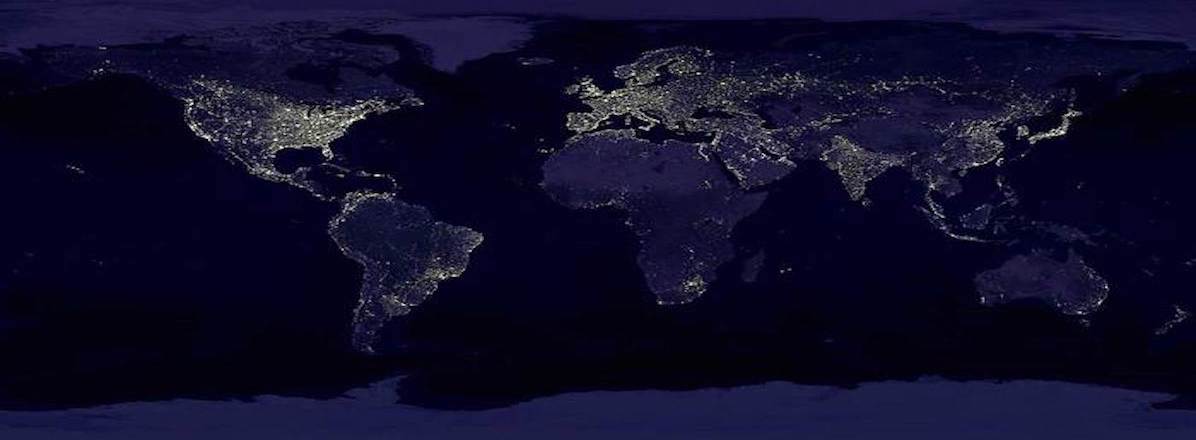A nation must think before it acts.
Inauguration Day: Russia, Iran and China Cover the Start of Biden’s Presidency
Post by Rachel Chernaskey
January 25, 2021
Since then-former Vice President Biden began his campaign for president in 2020, Russian, Iranian and Chinese state-sponsored media outlets have covered Biden in strikingly different tones. Throughout the 2020 election cycle, Russia’s coverage of Biden was overwhelmingly negative, pitting him against other populist candidates to include former President Trump. Iran, though less critical of Biden than of former President Trump in the lead up to Election Day, also consistently criticized Biden and portrayed him as another establishment figure unfavorable for U.S.-Iran ties and Iranian strategic interests in the Middle East. China’s content, meanwhile, was the most favorable toward Biden, albeit in a cautious tone and coupled with parallel coverage highly critical of the U.S. and its system of governance.
All three countries covered President Biden’s inauguration much in the same light. Russian state-sponsored media’s coverage of Inauguration Day, though decidedly less scathing than coverage of Biden during the election, portrayed the Democratic Party and those on the left politically as hypocritical in a handful of divisive articles. Stories like RT’s “‘Next superspreader event?’ Americans fret over slipping masks & lack of social distancing at Biden inauguration,” which notes “liberals spent last year bashing Donald Trump’s rallies as ‘superspreader’ events” and “So much for MAGApocalypse: Antifa rampage in Seattle & Portland follows Biden’s inauguration (VIDEOS)” highlight narratives portraying Democratic hypocrisy. Sputnik News’s “Does Biden Really Want Unity & Healing?,” “Biden’s First Day Suggests ‘Polite’ Imperialism Has Returned” and “The Establishment Has Regained Control” that shared such sentiment illustrate Kremlin coverage seeking to criticize Biden as part of the U.S. establishment keen on meddling in global affairs.
Iran’s coverage highlighted Iran-favored policies—such as Biden’s day-one repeal of the so-called “Muslim ban,” while keeping with its past trend of criticizing Biden as a war-mongering establishment figure. For example, PressTV’s “Which nation will US Democrats try to destroy in the next 4 years?” gave a “look at the countries which Biden is likely to try and destroy.” Other January 20 PressTV articles titled “Everything US does is about controlling world resources: Analyst” and “We must end this uncivil war: Biden says amid political polarization, pandemic” echoed sentiments of U.S. domestic instability and allegations of American imperialism.
Similar to its approach during the 2020 election, China’s coverage of Inauguration Day and the start to Biden’s presidency sharply diverged in sentiment from Russia’s and Iran’s. Global Times articles like “China can be a partner to help Biden realize his goals: Global Times editorial” and “Biden drops Trump’s toxic rhetoric toward China, but ‘courage needed to fix ties’” struck a more favorable but cautious tone while pushing CCP talking points about the U.S.’s need for “cooperation” with China on issues of overlapping interest. However, Global Times January 20 coverage critical of the U.S.—like “America’s disarray is its own woes, not other countries’ opportunity” and editor-in-chief Hu Xijin’s “American democracy in desperate need of reinforcement at home”—kept with Chinese media’s regular denigration of the American governance and domestic chaos.
Russia, Iran and China’s rather benign coverage of Biden thus far should not be seen as overwhelming favorability toward Biden, but rather a period of assessment as each of these regimes determines how to respond and message regarding the new administration. The tones in which these state media outlets cover Biden later in the year—and especially any future instances where the countries’ state media outlets show strong narrative convergence—will be more noteworthy representations of attitudes surrounding the Biden presidency and each nation vis-à-vis the U.S.




